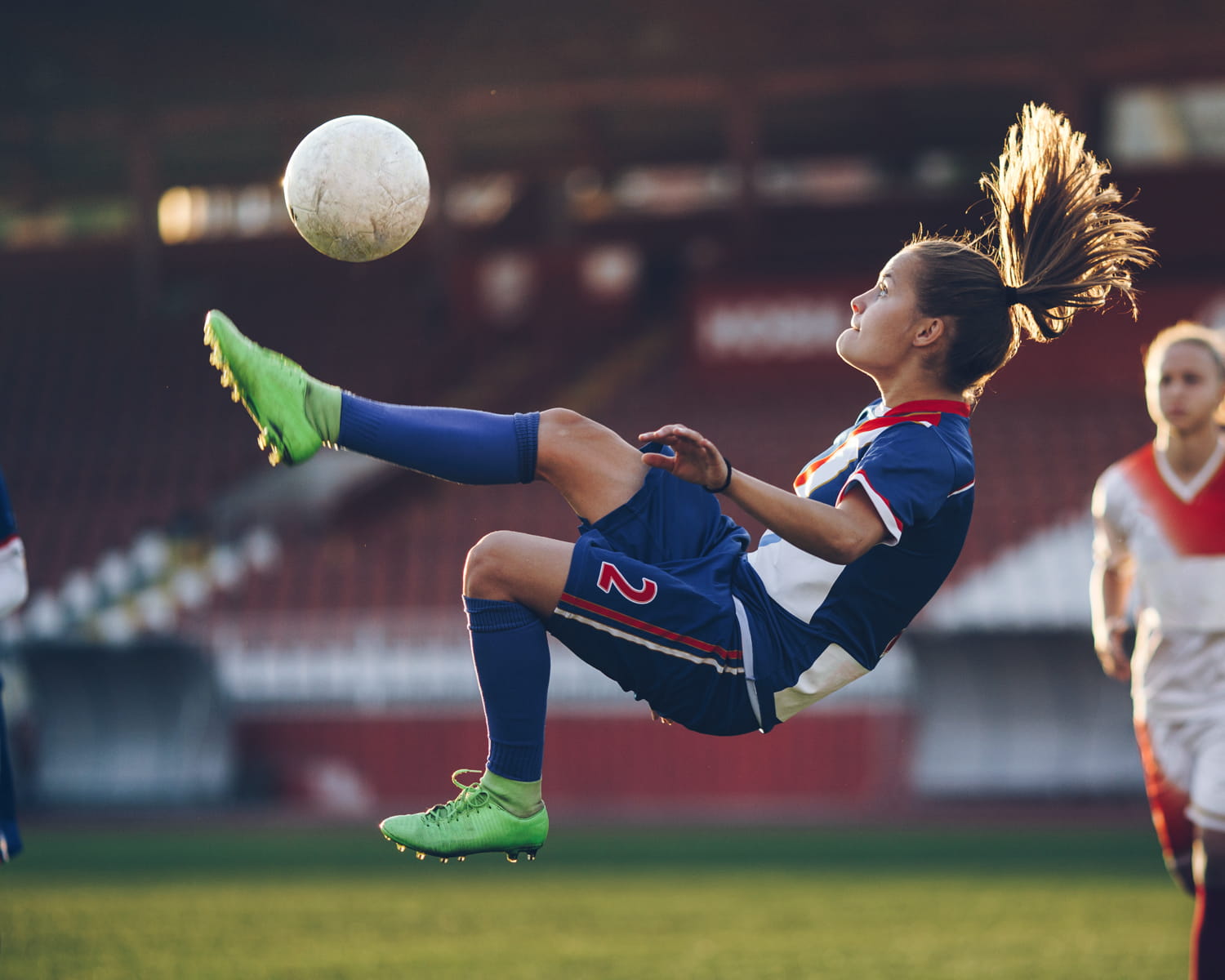Stay active and safe with sports medicine care from Banner Health
An active lifestyle is great for your health, but it can increase the risk of injury. Whether you’re a competitive athlete, a weekend warrior or enjoy recreational activities, sports injuries can happen. Some heal on their own, while others can cause lasting problems without proper treatment.
A sports injury is physical damage to muscles, joints, bones, ligaments or tendons that occurs during exercise, training or competition.
At Banner Health, our sports medicine specialists treat athletes of all levels, from beginners to professionals. We use advanced techniques, orthopedic expertise and personalized recovery plans to help you heal, prevent future injuries and return to the activities you love.
Certain factors can increase your risk for sports injuries, including:
We care for a wide range of sports-related injuries - from mild strains to complex joint repairs.
Types of sports injuries:
Specific areas we treat:
Treatment depends on your specific injury and its severity.
Mild sports injuries can often be managed at home with the R.I.C.E. method:
Over-the-counter NSAIDs (such as ibuprofen) can reduce pain and inflammation. Supportive devices like braces, splints or slings may also protect the injured area during recovery.
Seek immediate care if you experience:
Prompt evaluation from a sports medicine specialist can help prevent long-term damage and speed healing.
You can reduce your risk of sports injuries by:
If your sport involves repetitive movements, like tennis, baseball or running, alternating activities and scheduling regular rest can help prevent overuse injuries. Learn more about sports medicine injury prevention.
Don’t let pain or injury keep you on the sidelines. Banner Health’s sports medicine team provides expert diagnosis, advanced treatment and personalized rehabilitation plans so you can recover safely and confidently.
Book an appointment with a Banner Health sports medicine specialist.
